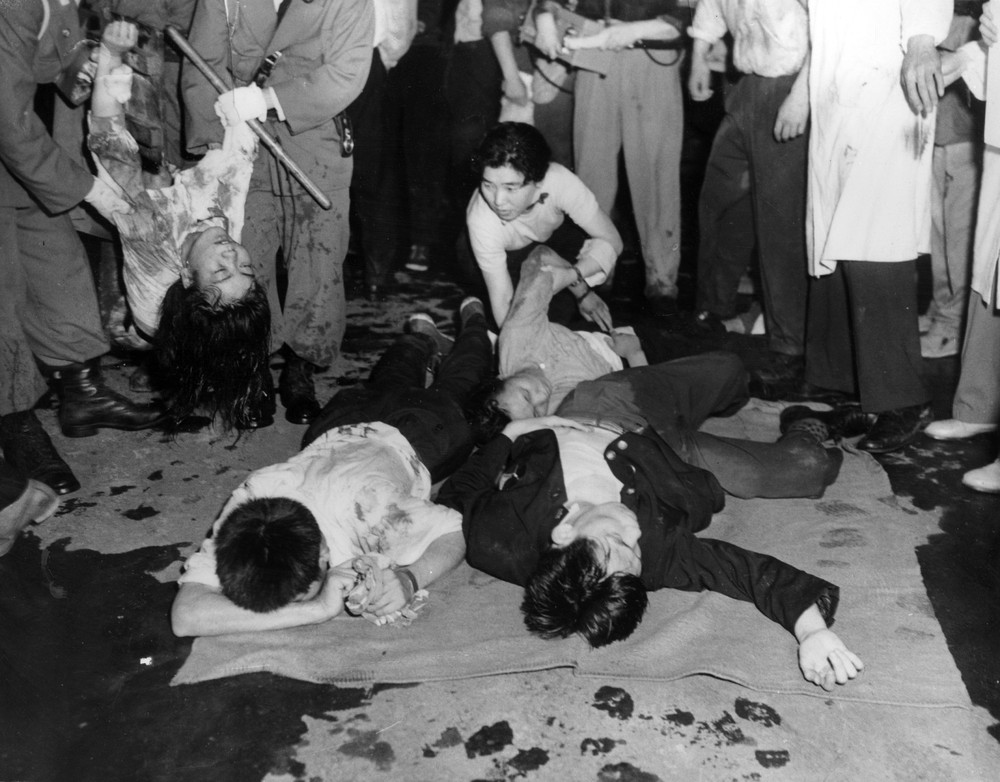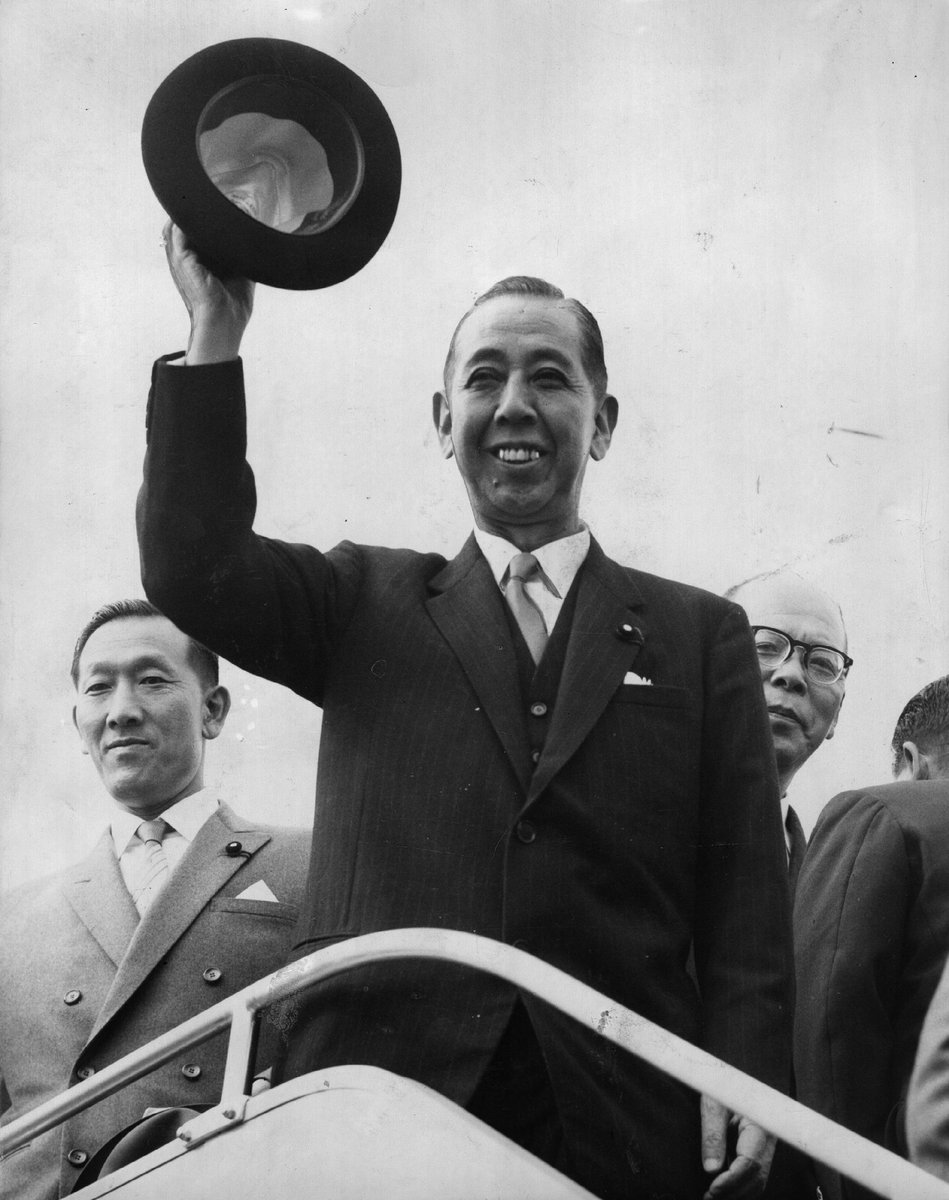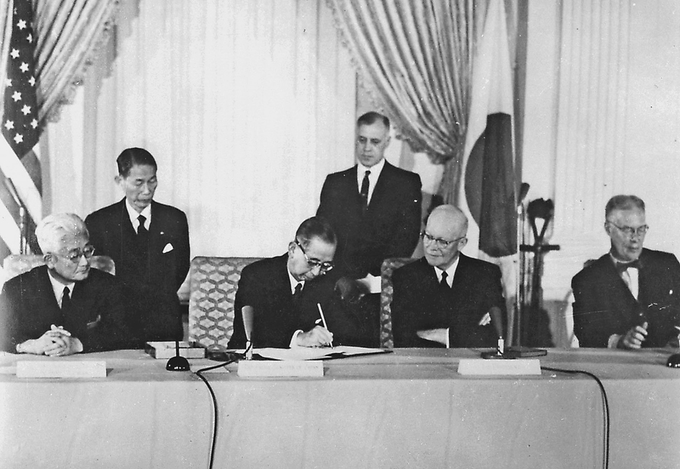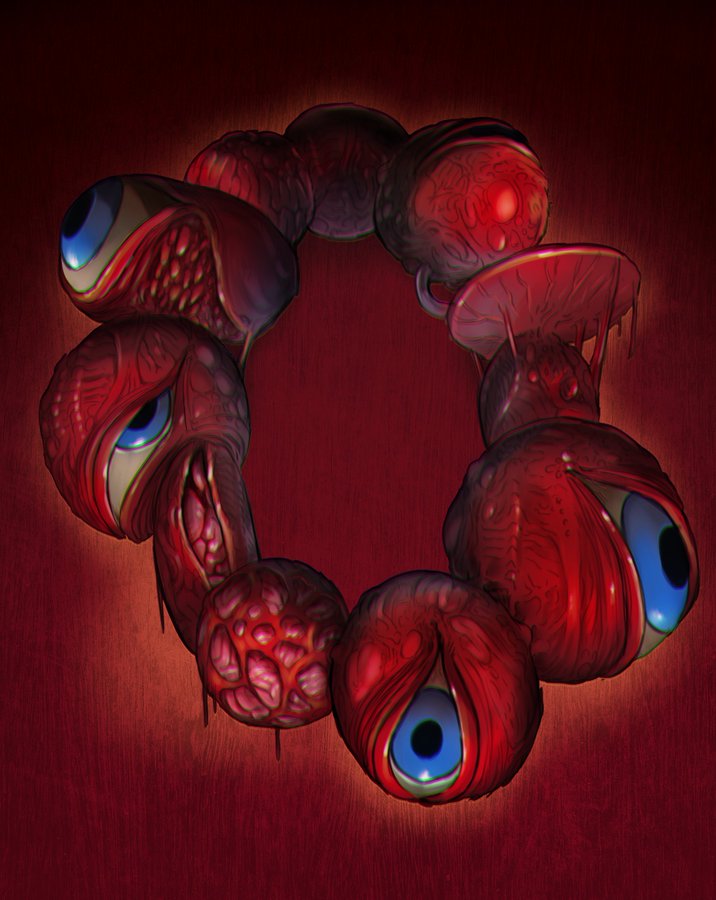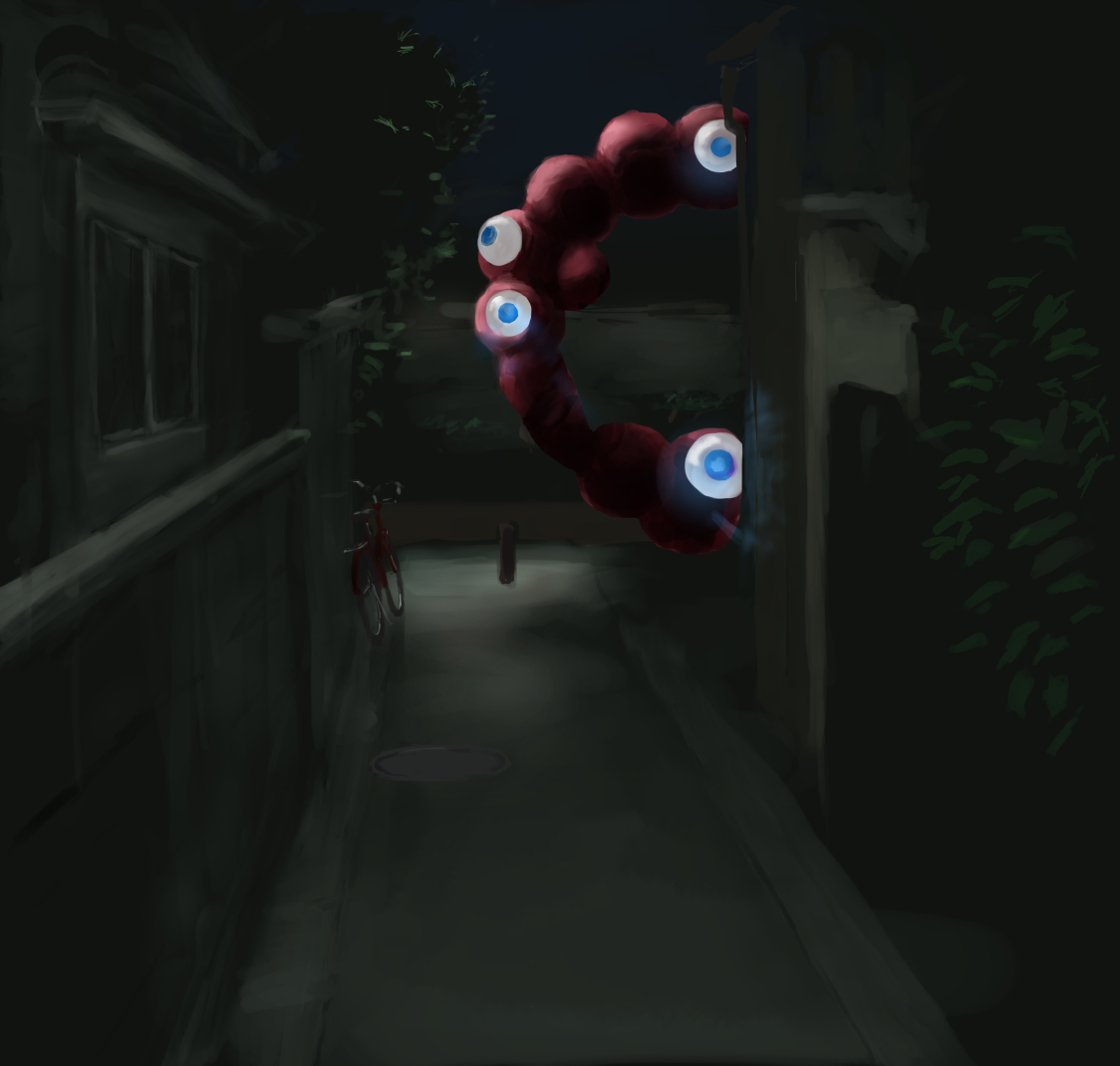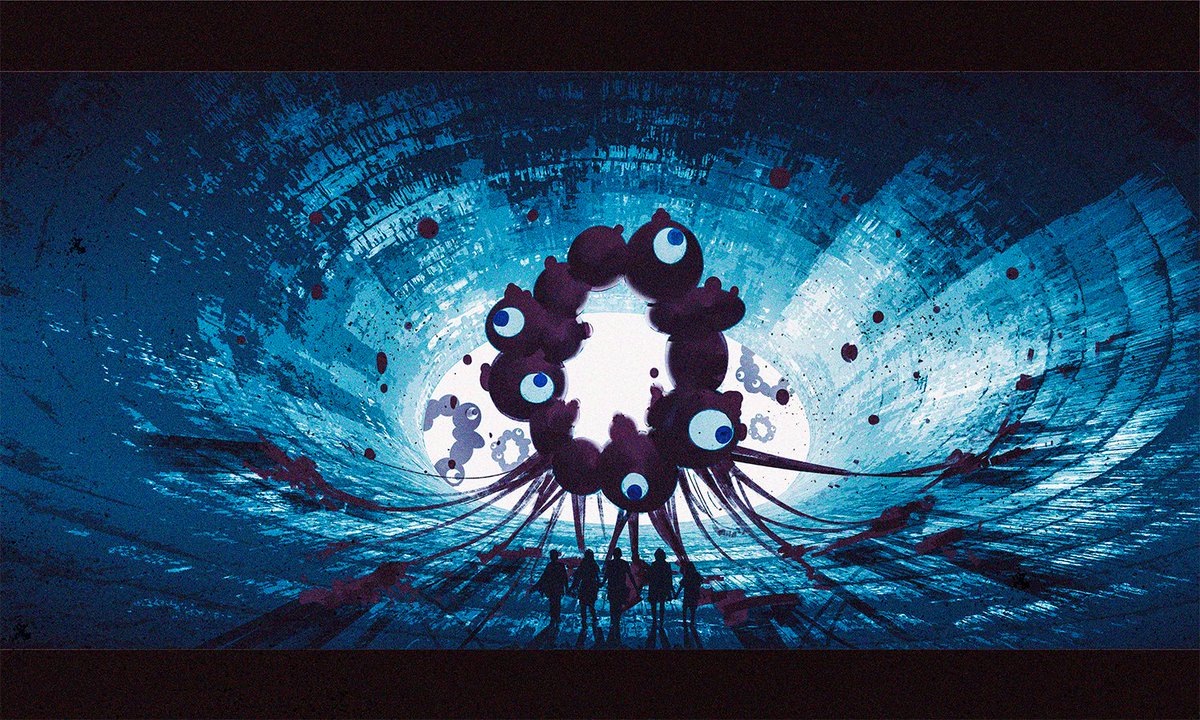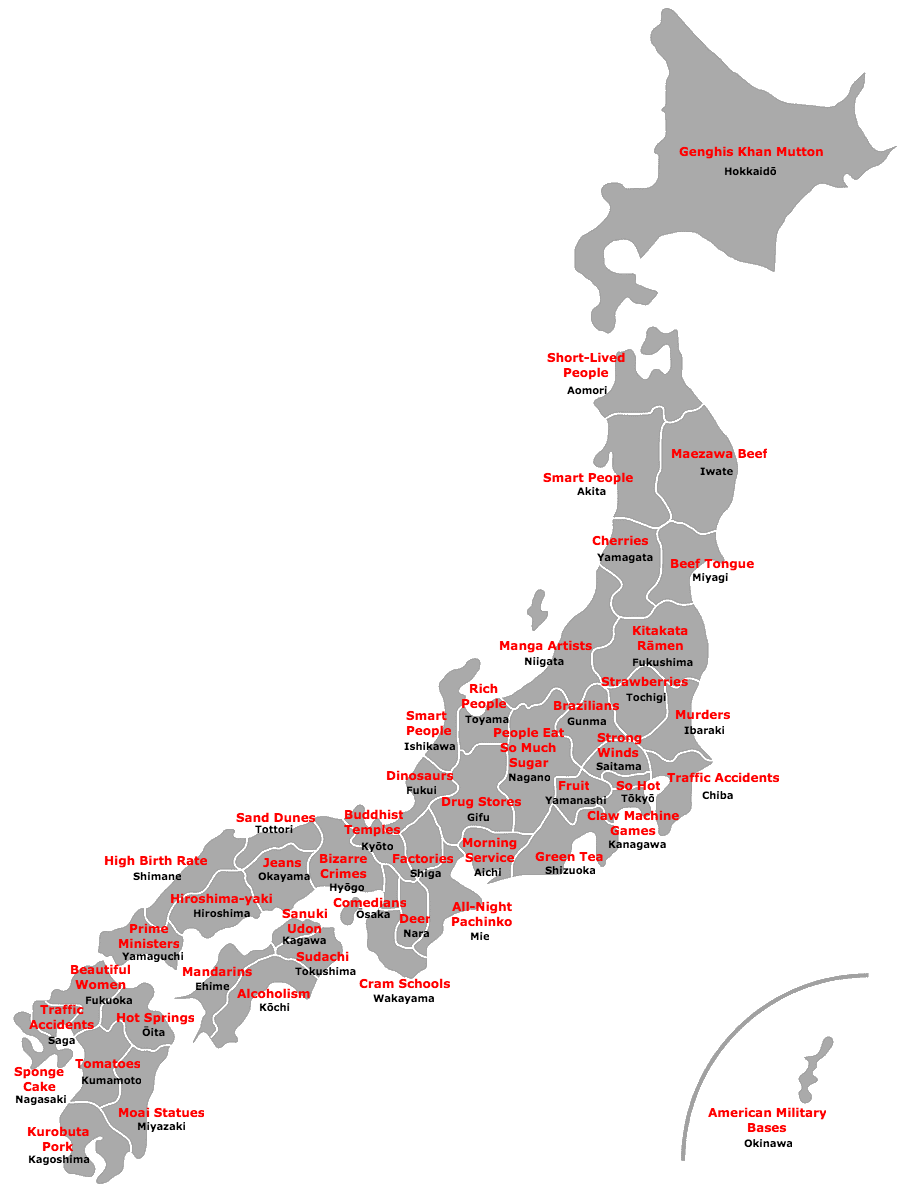
Texas's unregulated power market was premised on the notion that allowing power companies to charge a bazillion dollars during power shortages would incentivize them to maintain robust excess capacity, and incentivize customers to reduce usage.
Neither happened. A thread. 1/
Neither happened. A thread. 1/

It turns out that in the near total absence of rules, companies could not be bothered to maintain extra capacity, or even do basic things like weatherize their infrastructure, even when the same power plants failed again and again in storm after storm. 2/
wfaa.com/article/news/l…
wfaa.com/article/news/l…
Thus, when the polar vortex struck Texas last week, the basic winterizing found in other states was not in place. Natural gas pipelines froze and shut down, nuclear power plant cooling systems froze over, and windmills lacking heating kits iced over. 3/
forbes.com/sites/thebaker…
forbes.com/sites/thebaker…
Thus, even though Texas law allowed power prices to soar by 10,000 percent (you read that right), to a maximum of $9,000 per megawatt-hour (up from a few cents), power companies simply could not bring any more generation online. 4/
ft.com/content/0e7462…
ft.com/content/0e7462…

Meanwhile, customers could not magically reduce demand. Millions of them had no power at all to reduce their use of, and others, due to the same frigid conditions that shut down dozens of plants, were forced to use electricity to heat their homes and stay alive. 5/
In fact, dozens of people have already died due to the power outages (that we know of so far), and the actual death toll is likely to be much, much higher. 6/
texastribune.org/2021/02/19/tex…
texastribune.org/2021/02/19/tex…
Nevertheless Harvard economist William Hogan, who helped design Texas's power system (or lack thereof), argued that despite millions of Texans lacking access to power, food, and water, the system was functioning well. 7/
theweek.com/speedreads/967…
theweek.com/speedreads/967…

All this was possible because Texas deliberately cut off its power grid from the rest of the country to avoid the "interstate commerce" clause of the Constitution and thus escape even minimal federal regulations.
It also means Texas can't get power from neighbors in a crisis. 8/
It also means Texas can't get power from neighbors in a crisis. 8/

This should go without saying, but it turns out that the reason electric power is so highly regulated almost everywhere in the world except Texas is that in the 21st century, access to adequate electricity is essential for human life and should be considered a human right. 9/
In almost all nations and US states, regulators cut deals with private power companies to guarantee them steady, but limited profits in exchange for adhering to strict regulations about maintaining capacity and infrastructure.
But not in Texas.
10/
But not in Texas.
10/
In Texas, we now get stories like this 63-year-old Army vet living on Social Security who normally paid $80 a month for power getting charged $16,752. 11/
nytimes.com/2021/02/20/us/…
nytimes.com/2021/02/20/us/…
Large numbers of corporations were also hit with massive power bills, so much so that Texas is likely to see a wave of corporate as well as personal bankruptcies. 12/
ft.com/content/0e7462…
ft.com/content/0e7462…
Meanwhile, a few Texas power companies who had the good luck not to have their plants go offline during the storm are reaping massive, lottery-esque windfalls, with folks literally speaking in terms of "hitting the jackpot."
Casino capitalism FTW.
13/
profootballtalk.nbcsports.com/2021/02/17/tex…
Casino capitalism FTW.
13/
profootballtalk.nbcsports.com/2021/02/17/tex…

For example, "a 100-megawatt wind farm in Texas that might have normally made $40,000 over a two-day period in February could have reaped $9.5 million on Monday and Tuesday alone." 14/
bloombergquint.com/technology/sky…
bloombergquint.com/technology/sky…
But of course Texas's Republican leaders are trying to somehow blame this crisis on green energy, despite the fact that the vast majority of the power generation shut down was traditional coal, natural gas, and nuclear, and adding de-icing to windmills is relatively trivial. 15/ 

We should not be surprised. Although Texas used to be a leader in green energy policy, it has become a dysfunctional petrostate with all of its GOP leaders massively on the take from fossil fuel companies.
They must appease their true masters.
16/
earther.gizmodo.com/how-much-the-o…
They must appease their true masters.
16/
earther.gizmodo.com/how-much-the-o…
• • •
Missing some Tweet in this thread? You can try to
force a refresh







